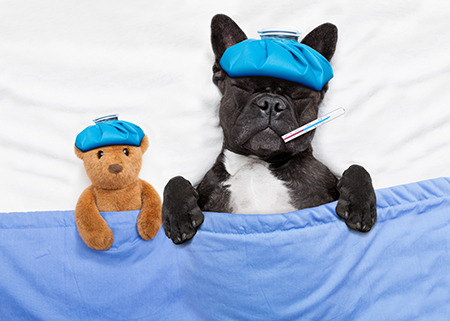“If getting drunk was how people forgot they were mortal, then hangovers were how they remembered.”
― Matt Haig, The Humans
Matt Haig’s quote exemplifies the dreaded and inevitable consequence of a night of heavy drinking: hangovers. While the scientific community condemns drunkenness as a threat to individual health and public safety, drinking and hangovers are tales as old as time.
A young startup company called Morning Recovery is now offering what they claim to be a remedy for this infamous physical discomfort, which may be accompanied by a cracked iPhone screen, a 12-minute long Snapchat story and regret. As we consider if Morning Recovery lives up to its name, I thought I’d give a brief review of the science behind drinking, hangovers and this new, purported remedy.
Who Bought the First Round?
Ethanol, or drinking alcohol, is the only alcohol that isn’t lethal to humans in relatively small doses. This tolerance is thought to have originated millions of years ago from enhanced fitness conferred to our ancestors, who developed a way to metabolize the ethanol produced in fermented fruit. This process of fermentation occurs naturally when fruit decays as microorganisms use its sugar for energy. As a byproduct, the fruit is infused with ethanol. Our ancestors were also subject to the intoxicating effects of this newfound elixir and actively sought to make beverages from this fruit. Some anthropologists even believe that the agricultural revolution was driven by early man’s proclivities for alcohol consumption. Alcohol has become a staple of human culture ever since, and according to the 2015 National Survey on Drug Use and Health, more than half of people over age 18 reported that they drank in the past month.
The Science Behind the Buzz
The acute response to alcohol is a consequence of ethanol’s effect on the nervous system. Despite the fact that humans have been getting drunk for millennia, the exact mechanism behind the short-term euphoria induced by its ingestion is not exactly clear. What is known is that alcohol disrupts neurotransmission in areas of the brain responsible for balance, emotions and, perhaps most noticeably, inhibitions. Hangovers, however, are the combined result of a medley of downstream metabolic pathways involved in alcohol breakdown.
The Veisalgia, or Hangover
The most significant cause of discomfort during hangovers is dehydration. Ethanol is a diuretic, which essentially means it increases urination. It works by inhibiting the pituitary gland from releasing the hormone vasopressin, which curtails the body’s absorption of water. As a consequence, when drinking alcohol, liquid consumed is sent directly to the bladder — hence the long lines at the bathroom in the bar. The body is then forced to shunt available water stores from the brain, which can lead to headaches and dehydration. Additionally, the accumulation of acetaldehyde — a harmful intermediate produced during the breakdown of ethanol — is another chief cause of hangover-fueled discomfort.
Ethanol is first broken down by alcohol dehydrogenase in the liver, which creates the toxic byproduct acetaldehyde. With enough time and resources, the body breaks down acetaldehyde into benign carbon dioxide and water. However, consistent ingestion of alcohol ultimately exceeds the liver’s metabolic capacities and causes a buildup of ethanol and acetaldehyde. Acetaldehyde is a chemically promiscuous compound, which binds to proteins and disrupts important biological processes. At higher concentrations, this can lead to elevated pulse, skin flushing, vomiting and nausea.
One last drink
Morning Recovery is advertised as a hangover recovery drink to be consumed before bed after a night of too many tequila shots. They report its positive effects mostly come from the help of dihydromyricetin (DHM), which has long been used as a hangover remedy in Eastern Asia. It is derived from Hovenia dulcis, a Japanese raisin tree, and has been seen to ameliorate alcohol-induced liver injury by bolstering enzymes responsible for ethanol and acetaldehyde metabolism. Morning Recovery uses DHM in conjunction with electrolytes, painkillers and antioxidants as an antihangover cocktail. By reducing the harmful effects of acetaldehyde buildup and dehydration, this drink should significantly stave off remembering we are mortal.
